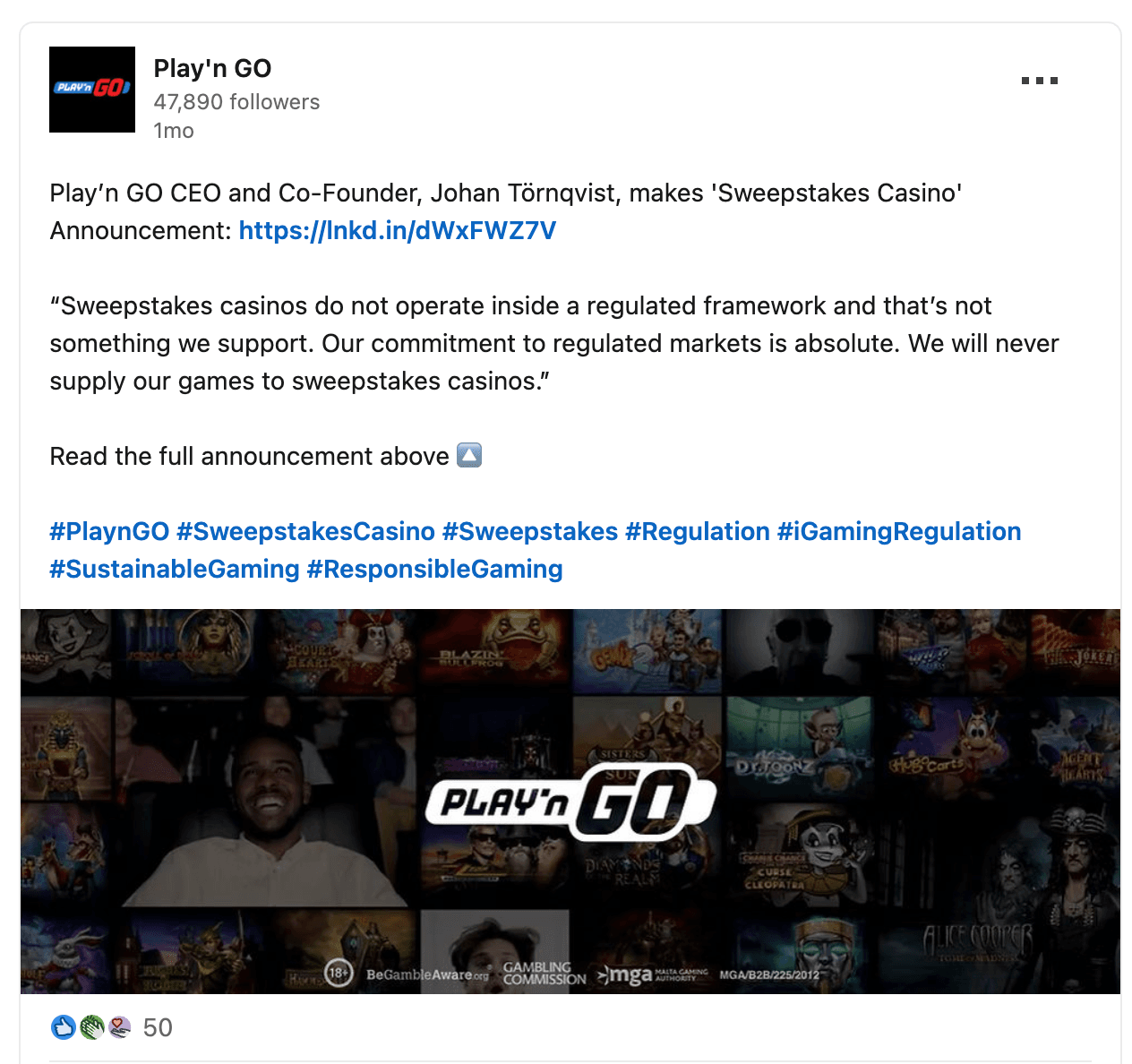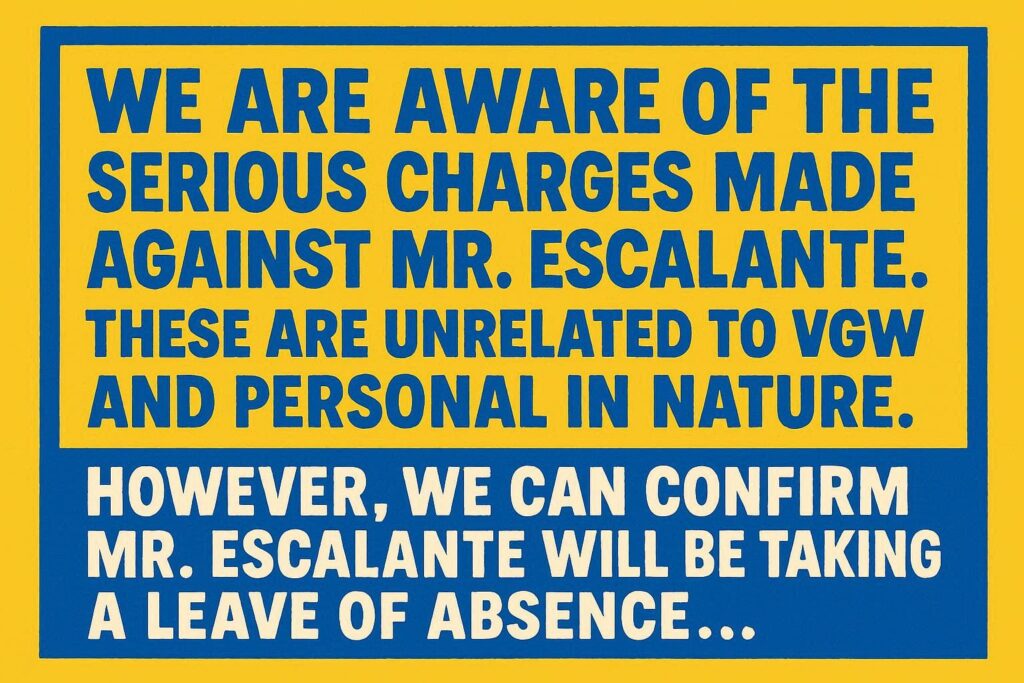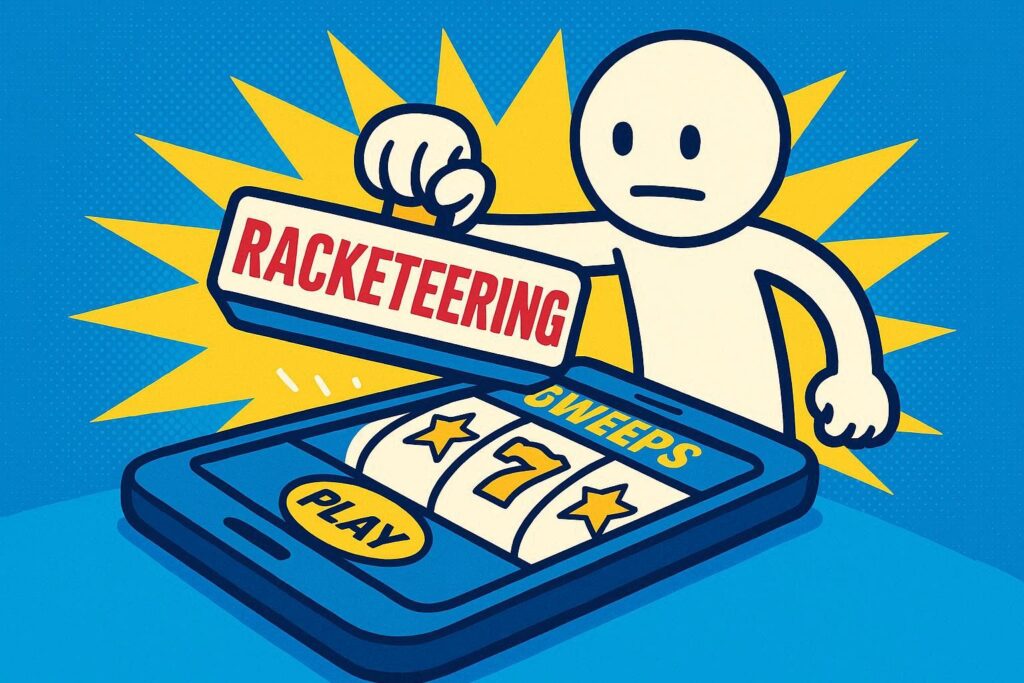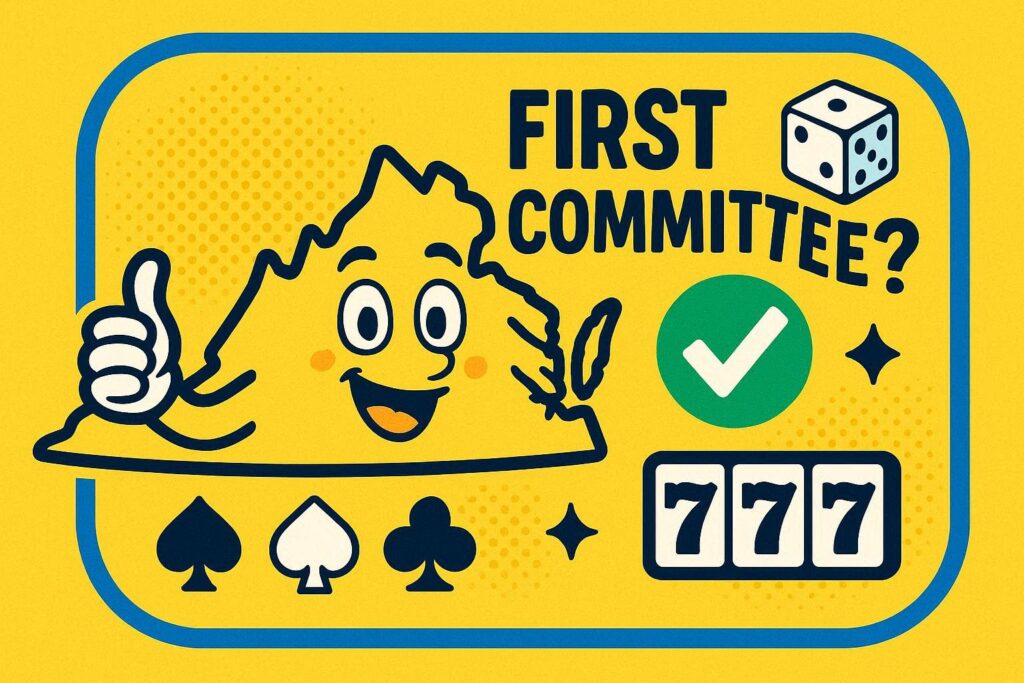Companies engaged in the online gambling space deal with unique and undeniably competing interests. Dual allegiances to profit and responsibility compose the tightrope that companies like Play’N Go, which develops software like online slot games, will always have to attempt to navigate.
Problems arise when enterprises engaged in that tightrope-walking attempt to cast dispersions that they’ve fully committed to traversing solely on one side of the line. The recent exposure of Play’N Go-linked games surfacing on unregulated sites despite its insistence that it only operated in white-market spaces demonstrates the necessity of creating a space where it’s possible to walk the line of balance between collecting revenue and protecting players.
Play’N Go games surface on unregulated sites, prompting scrutiny
Assertions that Play’No Go is fully committed to the white spaces have come from the company’s CEO Johan Törnqvist, who in early May stated that the company has an “absolute” commitment to regulated markets. Törnqvist at the same time characterized sweepstakes-based, casino-style online games as operating outside of regulated frameworks and claimed that Play’No Go does not support that business.

However, multiple Play’No Go slot titles have since been discovered on websites that accept players in markets where they do not bear licenses to offer such gaming. Compliance+More identified multiple websites that, while licensed in their nation of registry of Curaçao, accept paid entries without a license in Germany and the Netherlands.
Additionally, several Play’n GO games are available on Stake.com, a Curaçao-licensed platform that does not accept U.S. players. Stake’s separate U.S. offering, Stake.us, operates as a sweepstakes casino but does not list Play’n GO titles.
In response to the discovery, Play’N Go Head of Gov. Affairs Shawn Fluharty told Compliance+More that it sees “close to zero traffic from unlicensed operators” amounting to between one and two Euros on a daily basis in revenue.
Fluharty claimed that third-party brokers are responsible for the presence of Play’N Go games on those platforms. Even if Fluharty’s assertions are accurate, though, Play’N Go’s official stance leaves unresolved questions.
Gap between reality and sales pitch
Fluharty also told Compliance+More that, “if there is suspicion that they [Curaçao-based sites] are also providing games to regulated jurisdictions without the proper licenses in place, then the relevant regulators should be notified so they may take appropriate action.”
While Fluharty’s statement isn’t incorrect or misplaced, the company’s broader approach invites scrutiny regarding the consistency of its stated commitment to regulated spaces. If that commitment is indeed “absolute,” then this raises the question of how Play’N Go reconciles third-party licensing with its “absolute commitment” to regulated markets.
Additionally, licensing games to Stake while it maintains sweepstakes gaming in the US, which Törnqvist claimed the company doesn’t support, is out of step with an absolute commitment to white-market spaces.
Pulling out of those relationships would mean a loss of revenue for Play’N Go, however. With investors in the company, sacrificing revenue to maintain that absolute commitment might be a hard sell.
That’s especially the case given the lack of any real prospects for the expansion of regulated, real-money iGaming in the US soon and the tightening of restrictions on existing regulated gaming in the same country. While Play’N Go is not limited to the US in its business, the US is a great example of how limits on regulated gaming clash with business ambitions.
Developments in the US demonstrate precariousness of commitments
Like in any other industry, bigger revenue totals and higher profits are the lifeblood of gambling companies. In the US market, opportunities to achieve those ends and strictly abide by a total commitment to regulated gaming are not just remaining static. They are shrinking.
Bills to legalize and regulate real-money online casino play have gotten little consideration in any new jurisdictions since Rhode Island was the last to make the move in 2024. Public discourse against such expansion has grown more vociferous in the jurisdictions that have weighed such measures, with gaming companies like The Cordish Companies and the Las Vegas Sands Corporation lobbying against such expansion.
Meanwhile, US jurisdictions are active in either debating or enacting new taxes on existing regulated gaming. Several jurisdictions have also enshrined bans on social and sweepstakes casinos while challenging the operations of event-based prediction contracts in court.
Companies like Play’N Go can maintain an absolute commitment to the regulated market in the US. Those same enterprises can aggressively chase new opportunities to distribute their products and capture new revenues.
It’s becoming increasingly difficult to pursue both interests with gusto, though. Play’N Go’s public messaging appears misaligned with the broader realities of its game distribution. Meeting both objectives simultaneously is proof of that difficulty.
A more reasonable stance is transparency in the attempt to balance the competing interests of profit and regulation. While it might not look ideal when interacting with investors or regulators, an inconvenient truth is preferred over a soothing deception.








